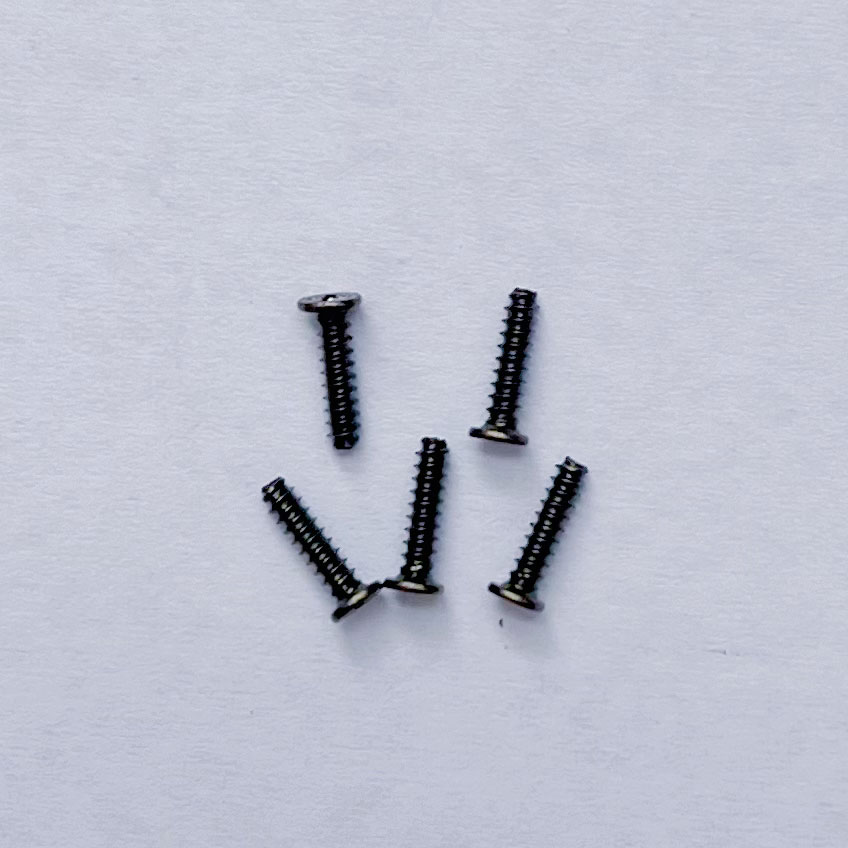

Stainless steel self-tapping screws have strong corrosion resistance, mainly due to the corrosion resistance of stainless steel itself. The following are some factors and characteristics that affect its corrosion resistance:
1. Stainless steel anti-corrosion mechanism:
Stainless steel itself contains at least 10.5% chromium, which forms a dense chromium oxide film on the surface of the steel when oxidized. This film has good corrosion resistance and can effectively prevent external oxygen and moisture from reacting with the metal body, thereby reducing the possibility of rust and corrosion.
2. Corrosion resistance of different grades of stainless steel:
304 stainless steel: As a common stainless steel material, 304 stainless steel has good corrosion resistance and can resist corrosion in most common acids, alkalis, salt spray and other environments. It is suitable for general indoor and outdoor environments.
316 stainless steel: 316 stainless steel contains molybdenum, so it has stronger resistance to chloride corrosion than 304 stainless steel, especially suitable for marine environments or environments with strong corrosive chemicals.
3. Anti-corrosion ability of self-tapping screws:
Self-tapping screws are different from ordinary screws. They directly cut materials and form threads by rotating their own threads. Therefore, the anti-corrosion ability of stainless steel self-tapping screws depends on the quality of the screw material and the surface treatment process.
Surface treatment: Some stainless steel self-tapping screws may undergo additional surface treatments, such as galvanizing, phosphating, or nitriding, which can further enhance their corrosion resistance, especially in highly corrosive environments.
Use environment: In general air, humid environment or mildly corrosive environment, ordinary stainless steel self-tapping screws can provide good anti-corrosion protection. However, in more severe environments (such as seawater, acid rain, etc.), 316 stainless steel or screws with special protective treatment will perform more durable.
4. Use and maintenance:
Even high-quality stainless steel self-tapping screws may experience surface corrosion or stress corrosion when exposed to extreme environments for a long time. Therefore, regular inspection and maintenance, especially keeping the screw surface clean and dry, can extend its service life.
5. Summary:
Ordinary stainless steel self-tapping screws have good corrosion resistance and are suitable for most environments.
High-grade stainless steel self-tapping screws are more suitable for use in highly corrosive environments.
For harsh environments, choosing the right screw material, surface treatment and regular maintenance are the key to ensuring corrosion resistance.
In general, stainless steel self-tapping screws can provide good corrosion resistance in most use occasions, especially for outdoor, humid, and slightly corrosive environments, which can effectively extend the service life of the screws.
